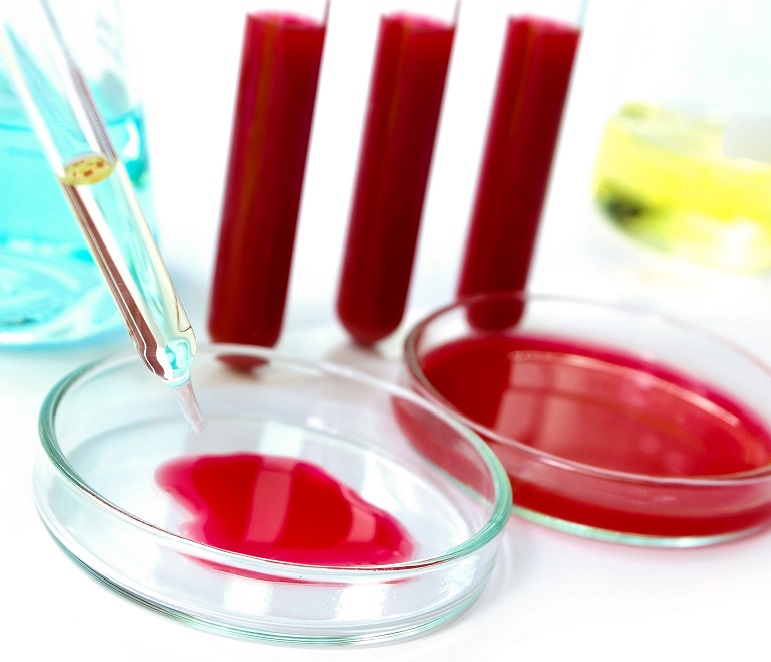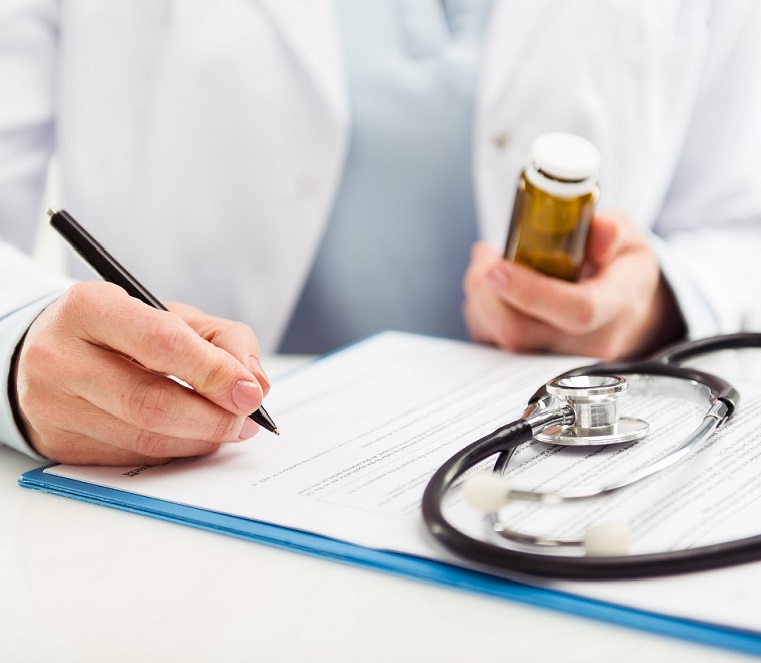What to drink if a person has worms. Which doctor treats worms and parasites?
If a person has symptoms of infestation, they should consult a doctor. Initially, you should consult a general practitioner:
- for adults - a therapist;
- for children - pediatrician.
The helminth can be located in different human organs:
- eyes;
- nasal cavity;
- intestines (most common);
- liver;
- gallbladder;
- urinary system.
Having noticed the presence of worms, you should immediately seek help from a specialist who can prescribe quality treatment.
There is such a specialist as helminthologist . His work is directly related to the examination and removal of worms from the body.
There are many symptoms of helminthiasis. The body itself will tell you that something is wrong with it. It is more difficult to determine the invasion in children , especially up to a year. The child cannot explain, so you will have to watch him:
- appearance;
- behavior;
- chair.
The appearance of constant fatigue, malaise, and causeless moodiness in children suggests a decrease in immunity. Helminthiasis may be its cause.
You can take measures to identify worms at home (enemas) or consult a doctor for testing. If worms or their pieces, threads, or mucus are found in the feces or urine, then you definitely shouldn’t put off going to the doctor.
Symptoms of worms in adults
The presence of helminths is indicated by direct and indirect symptoms.
Signs of myiasis:
- indigestion, bowel changes, constipation or diarrhea;
- headaches, dizziness;
- weight loss;
- increased and decreased appetite;
- fatigue;
- blue discoloration or bags under the eyes;
- deterioration of the skin;
- abdominal pain;
- itching in the anus area;
- grinding teeth in sleep.
Treatment and drugs
Indirect symptoms include appearance of allergies. Due to the vital activity of worms, a change in the functioning of the intestines occurs; the lack of vitamins leads to a decrease in immunity.
Most drugs are undesirable to take during pregnancy and children. Many people resort to home treatment methods.
Depending on the location of the helminth in the body and its type, an examination will be prescribed.
If the helminth has settled in the intestines, then they give up stool analysis for helminth eggs and smear for enterobiasis (pinworms) . It is worth taking the test three times to catch the moment of worm reproduction, otherwise the test result will be negative, even if the person has helminthiasis. The feces must be fresh.
If worms are present in the urinary system, the doctor will look for their eggs in a urine test.
To determine ascariasis, Trichinella is taken blood test for antibodies . It is advisable not to eat for 4 hours before taking the test. Blood is also taken to look for IgG antibodies to identify flatworms in the body.
Strongyloidiasis can be identified by larvae in stool or blood test for specific antibodies.
Prevention measures
Doctors suggest carrying out prophylaxis twice a year. Basically, it consists of taking a tablet once. The tablets used are the same as for treatment.
If you do not want to take medications, you can contact folk remedies: garlic, herbs, pumpkin seeds.
To reduce the likelihood of acquiring myiasis, you should follow simple hygiene rules:
- washing hands before eating;
- good meat processing;
- washing fruits and vegetables before eating them;
- avoid swimming in polluted waters;
- drink purified water;
- avoid infected animals;
- carry out prevention of worms in all family members and animals.
Do not forget that the consequences of the existence of worms in the human body can be very dire; you should not delay visiting a specialist if you suspect myiasis.
It is better to start treatment before irreversible consequences occur.
Typically, the presence of helminthic infestation is indicated by characteristic signs:
- Stool disorders (constipation followed by diarrhea).
- Sudden abdominal pain.
- Increased irritability, nervousness.
- Sleep disorders.
- Fatigue, lethargy, general weakness.
- Muscle pain.
- Grinding of teeth during sleep.
- Weight loss.
Such disturbances in the body cannot be left unattended. If one or more symptoms are detected, it is a reason to visit a doctor to determine the cause that caused them and begin treatment.
 It is important to see a doctor immediately
It is important to see a doctor immediately Who can help?
Where to get tested?
 To make an accurate diagnosis it is necessary to undergo tests
To make an accurate diagnosis it is necessary to undergo tests The disease can be detected by the results of a blood test. Changes in certain characteristics and the presence of special antibodies indicate that the body is affected by helminthiasis.
Which doctor treats worms?
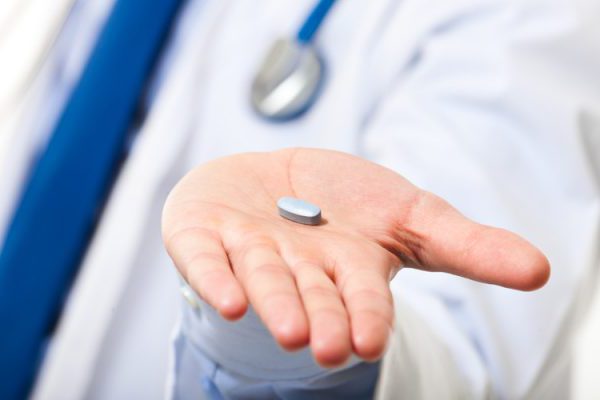 Necessary drugs can only be prescribed by a doctor
Necessary drugs can only be prescribed by a doctorThe attending physician collects anamnesis, independently conducts research for the presence of worms, and draws up a treatment regimen. In a regular clinic, if symptoms of helminthiasis appear, you should visit a therapist. If you suspect that a child is infected with worms, you will need to contact a pediatrician. In case of severe infestation, he will tell you which doctor treats worms in the nearest medical institution.
There are also intestinal and extraintestinal helminths. Intestinal are those that live in the lumen of the human intestine, and extraintestinal (or tissue) are those living in muscle tissue or organs. Worms can affect the brain, lungs, liver, and lymphatic vessels.
Infection of a person with worms is called helminthic infestation. The term is also used helminthiasis.
How does worm infection occur?
Also, worm eggs can enter our body through inhalation of dust or with a sip of water when swimming in a pond. Flies carry worm eggs.
Worms in children
Children become infected with worms more often than adults. Small children tend to put everything in their mouth. While walking, children play on the ground and in the sandbox. They can hug and kiss strangers and stray animals. They don't care about dirty hands.
Therefore, it is so important to try to instill hygiene skills in children as early as possible. Young children should be supervised during walks and always have water and water ready. disinfectants in order to wash your hands and wipe your face in time. And at the first signs of helminthic infestation, you should consult a doctor.
In Moscow, the most frequently detected helminth infections are enterobiasis and ascariasis.
Enterobiasis – helminthiasis caused by pinworms
Pinworms are detected more often than other helminths (in 90% of cases of detection of worm infection).
Pinworms have a short lifespan - 3-4 weeks. Theoretically, in order to be cured, it is enough hygiene procedures– daily washing, keeping hands clean, regularly changing underwear and bed linen. And in a month the pinworms should disappear. However, since they primarily infect children, it is often impossible to ensure the necessary level of hygiene. Therefore, if you suspect enterobiasis, you should consult a doctor.
The main symptom of enterobiasis is itching in the anal area.
Ascariasis - helminthiasis caused by roundworms
Ascariasis is diagnosed in 70% of cases of helminth infection.
Ascaris is roundworm, the length of which in males reaches 25 cm, and in females - 40 cm. Ascaris eggs must mature in the ground. Ripe eggs enter the human body when eaten with dirty hands or from unwashed vegetables and fruits. A larva hatches from an egg in the human intestine, but, unlike adult, requires air. Therefore, the larva, which at this moment has a microscopic size, penetrates the blood vessels and migrates throughout the body, reaching the lungs. In the lungs, the larvae grow and mature, moving through the alveoli into the bronchi, and from the bronchi into the trachea. The human body reacts to helminths by coughing (this specific symptom ascariasis). The larvae are expectorated along with sputum and are accidentally ingested by humans. This allows the already developed larva to enter the intestine again, where the adult continues to exist. The entire migration process takes about 2 weeks.
Roundworms can live in human body up to a year, in some cases longer. During this period, the waste products of the roundworm poison the body of the “host”, causing disturbances in the functioning of the digestive, nervous and reproductive systems.
Symptoms of helminthiases
Worms damage tissues by attaching to them using their fixation organs (hooks, spines, etc.), as a result of which inflammation can develop in this place.
Worms create a comfortable environment for themselves. In particular, they cause suppression of the immune system so that the body's defense system no longer reacts to their presence. Reduced immunity causes a person to become susceptible to various infectious diseases.
The presence of worms in the human intestine disrupts metabolism, as the worms absorb nutrients (proteins, minerals, vitamins, carbohydrates). Some varieties of worms secrete substances that neutralize the digestive enzymes of the host. The waste products of worms cause changes in the intestinal microflora, promoting the development of pathogenic microorganisms.
Many types of worms are hemophages, that is, they feed on the host’s blood, promoting the development (worms absorb vitamin B12, which is so necessary for us).
Suspicions of helminthiasis primarily cause work disruptions digestive system and neurological disorders.
Gastrointestinal manifestations of helminthic infestation
The consequences of the presence of worms in the body are not specific and can be mistaken for symptoms various diseases. A person may complain of occasional vague localization and a feeling of fullness in the abdomen. Appetite may increase or be completely absent. Abnormal bowel movements ( or ) may occur.
Neurological manifestations of helminthic infestation
Helminthic infestation is often the cause of neuropsychiatric disorders - this is the result of the presence in the blood of toxins produced by helminths. The patient may feel emotional instability, fatigue, and loss of concentration.
Methods for diagnosing helminthiasis
Since the symptoms of helminthiasis coincide with the signs of many other diseases, before prescribing treatment, it is necessary to make sure that worms are actually present in the body. For this purpose they are used various methods laboratory diagnostics.
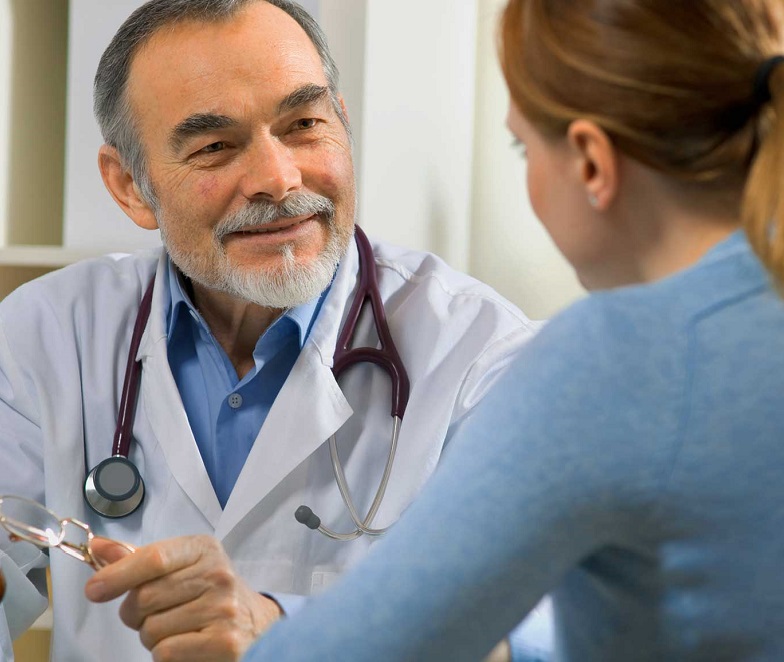
You should immediately contact a therapist. He will conduct an examination, clarify what symptoms are bothering the patient, and then prescribe tests, based on the results of which the doctor will tell you which specialist to contact for the treatment of helminthic infestation.
When to see a doctor
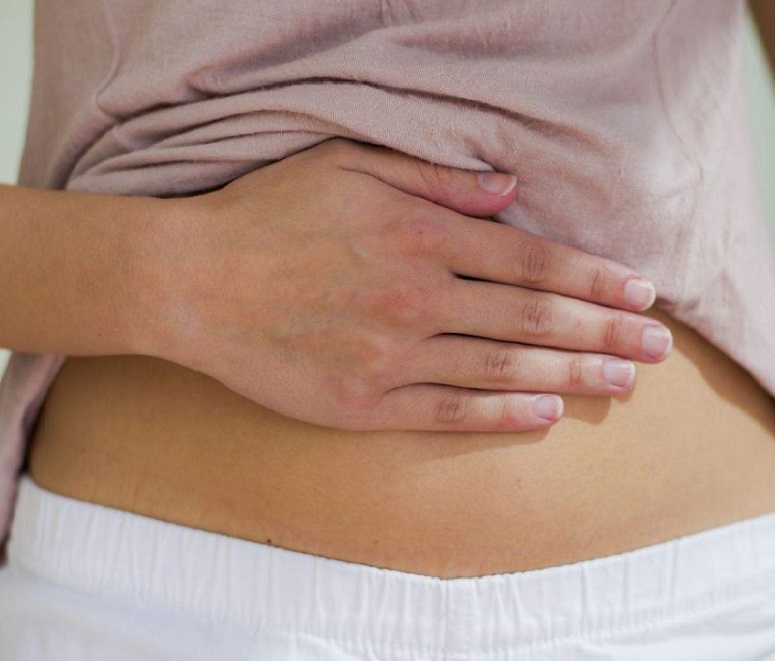
There are a number of signs by which it is determined helminthic infestation. If one or more of them is detected, you should consult a doctor:
- Flatulence or bloating;
- Frequent stools;
- Manifestation allergic reactions on the skin (rash, itching or redness);
- Muscle pain;
- Fatigue, weakness;
- Decreased appetite;
- Pain in the area of the right hypochondrium;
- Children experience itching in the anal area, which intensifies at night.
If such symptoms appear, you should undergo all the necessary tests.
For those who are faced with the discovery and need to treat worms for the first time, it is important to contact a competent specialist. After all, depending on how quickly it will be provided medical care depends on the duration and effectiveness of treatment.
Necessary tests
If worms are detected in the body, you need to look for a good specialist.
Treatment of worms
To cure this disease, medications are prescribed depending on the general condition patient and types of helminths. Today there are many anthelmintics, the effectiveness of which has been proven in practice. The doctor must prescribe correct treatment, you don’t need to do this yourself. They may have a number of contraindications and side effects, therefore their use is possible only as prescribed by a doctor.
If the disease is detected in a child, he must stop attending school or kindergarten to avoid infecting other children. In addition, you need to immediately find out which doctor to contact with this question. If the disease is detected in an adult, it is necessary to allocate separate dishes and try to reduce contact with healthy people.
Prevention measures
You cannot do treatment on your own, much less delay it, using only home remedies. Strong needed medications, capable of killing helminth larvae and eggs.
The therapist is a specialist general profile By internal medicine. He determines the disease in a person and prescribes treatment, provides emergency assistance. Therapists are doctors of all specialties who provide conservative treatment. But in a more common sense, a therapist is a local attending physician, to whom people turn to with any health complaints.
If you have abdominal pain (namely, helminths settle in the gastrointestinal tract) in adults, you should first consult a therapist. He will prescribe examinations and send you for tests.

Gastroenterologist
If the hospital has a gastroenterologist, you can make an appointment with him in addition to the therapist. This doctor deals with gastrointestinal problems. intestinal tract, liver. He will also advise you to take tests to determine the disease. You can do this yourself before visiting a doctor.
Initial tests for symptoms of helminthiasis - feces for worms, scraping and general analysis blood. With the results ready, you can come to an appointment with a therapist or gastroenterologist. To obtain an accurate result, tests should be taken twice with an interval of 1-2 days. Worms may not appear immediately. There are laboratories where you can be examined anonymously.
Infectious disease specialist
An infectious disease specialist is a doctor who specializes in infectious diseases, caused by harmful microorganisms that have entered human organs.
When you need specialist help
A person should take care of his health when he feels the symptoms of the disease:
- fatigue;
- pain in the intestines;
- diarrhea or constipation;
- poor sleep, nervousness;
- muscle aches,
- grinding teeth at night;
- sudden weight loss;
- sore throat.
Signs of helminthiasis do not appear all at once. But if they are present, then the alarm should be sounded. The disease can be cured by following the doctor's recommendations.



